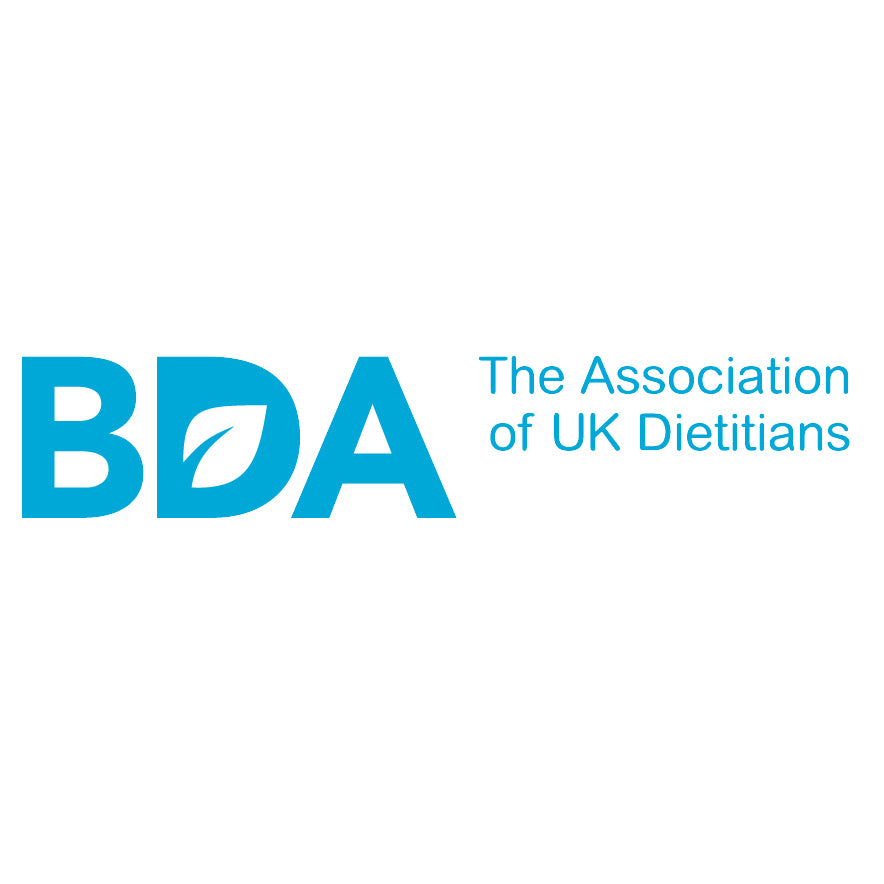Irritable Bowel Syndrome (IBS) is a gastrointestinal disorder that affects people of all ages and genders, but its manifestation and management can vary significantly in certain individuals. This article explores the challenges of IBS in women and provides different targeted management techniques for IBS and the complications that women may experience with it.
IBS in Women
Women are more likely to be diagnosed with IBS compared to men. This difference is not just in numbers, but also in the experience of the condition.
Managing IBS in women requires a multifaceted approach and should be tailored to the unique challenges they face during various life stages and circumstances.
IBS, hormones and the menstrual cycle
Hormonal fluctuations, particularly those related to the menstrual cycle, can significantly impact IBS symptoms in women. During periods, many women report a spike in symptoms such as abdominal pain, bloating, and bowel irregularities, many of which share similarities to symptoms associated with IBS.
Because of the shared similarity in symptoms, it can be difficult for women to identify when their symptoms are a result of IBS or fluctuations in hormones.
Oestrogen and progesterone, which see considerable fluctuations during the menstrual cycle, pregnancy, and menopause, play a crucial role in gastrointestinal motility. Their varying levels can exacerbate or sometimes alleviate IBS symptoms. Understanding and identifying this connection is vital for women dealing with IBS, as it can guide effective symptom management.
Managing IBS during hormonal changes and the menstrual cycle
- Track Symptoms: Women should monitor their IBS symptoms in relation to their menstrual cycle. This can help identify patterns and potential triggers related to hormonal changes.
- Diet Adjustments: During periods of heightened symptoms, such as premenstrual and menstrual phases, adjusting the diet to help with IBS symptoms can be beneficial. This may include reducing high-FODMAP foods, increasing soluble fibre, and staying hydrated. Reducing high-FODMAP foods has been shown to help with the symptoms of IBS, whilst increasing soluble fibre and water intake can help to encourage more regular bowel movements.
- Stress Management: Stress often worsens IBS symptoms. Techniques such as yoga, meditation, or cognitive-behavioural therapy can be particularly beneficial during stressful phases of the menstrual cycle.
- Medication Review: Consult with your GP about any medications being used for menstrual symptoms or birth control, as some can impact IBS symptoms.
Menopause and IBS
Whilst the menopause cannot cause IBS, research has shown that postmenopausal women with IBS suffer from more severe symptoms when compared to premenopausal women.
- Hormone replacement therapy: Women going through menopause should discuss hormone replacement therapy with their healthcare provider, as it can influence IBS symptoms. HRT can also help alleviate any other symptoms you are experiencing from menopause.
- Dietary Fibre: Increasing dietary fibre, more specifically soluble fibre, can help manage menopause-related changes in bowel habits. Dietary fibre has been shown to help regulate blood sugar levels, which in turn may reduce incidence of hot flashes, one of the most common symptoms of menopause. Eating too little fibre can also make IBS symptoms worse, and ensuring a recommended daily intake of 25g of fibre per day for women can help to ease IBS symptoms.
- Regular Physical Activity: Regular exercise can help reduce menopausal symptoms and improve gastrointestinal function and encourage regular bowel movements.
- Stress Relief Techniques: Mindfulness, relaxation exercises, and adequate sleep are important for managing both menopausal and IBS symptoms.
Pregnancy and IBS
Pregnancy can bring about significant changes in IBS symptoms. While some women experience relief, others might see a worsening of symptoms. It's essential to manage IBS effectively during pregnancy, ensuring both the mother's and baby's well-being.
How to manage IBS during pregnancy
- Communicate with your midwife or GP: Pregnant women with IBS need to work closely with their GP or Midwife to manage symptoms while ensuring the safety of the baby.
- Gentle Exercise: Engaging in mild to moderate exercise, like walking or prenatal yoga, can help manage IBS symptoms and reduce stress.
- Dietary Management: Maintaining a balanced diet that addresses both pregnancy nutritional needs and IBS management is crucial. This includes eating smaller, more frequent meals to ease digestion. You may also wish to incorporate more sources of insoluble fibre within your diet as well, as this can relieve constipation.
- Hydration: Adequate hydration is important during pregnancy and can help manage IBS symptoms, particularly constipation.
IBS and anxiety in Women
Whilst anxiety does not cause IBS and IBS does not cause anxiety, the 2 conditions are believed to elevate symptoms. Women with IBS are likely to experience anxiety and depression (primarily due to a more impaired quality of life )when compared to men. The connection between the gut and brain, often referred to as the gut-brain axis, plays a significant role in this. Managing mental health is a crucial aspect of treating IBS in women.
Mental health management techniques for IBS
- Cognitive behavioural therapy: Therapies like cognitive-behavioural therapy can be effective in managing the psychological aspects of IBS.
- Regular Exercise: Physical activity is beneficial for mental health and can reduce the symptoms of both anxiety and IBS.
- Mindfulness and Relaxation Techniques: Practices like meditation, deep breathing exercises, and progressive muscle relaxation can help manage stress and reduce IBS symptoms.
- Support Networks: Joining support groups or seeking support from friends and family can provide emotional relief and practical tips for managing IBS.
Other IBS management techniques
- Regular Health Check-ups: Regular communication with your GP or health professional is essential to monitor IBS and adjust treatment plans as needed. Your health professional may choose a treatment plan suitable for you or even refer you to a registered dietitian who can help you to pinpoint your triggers.
- Balance your gut microbiome: Your gut microbiome plays a crucial role in developing and preventing IBS symptoms. A gut microbiome health test can identify gut dysbiosis, which is an imbalance of microbiota within the gut and provides you with dietary and lifestyle recommendations to rebalance your gut microbiome.
- Balanced Diet: A diet rich in fruits, vegetables, lean proteins, and whole grains, while avoiding known triggers, can help manage symptoms.
- Hydration: Drinking enough water is crucial for digestive health.
- Sleep quality: Ensuring adequate and quality sleep can help in reducing IBS symptoms.
Summary
In summary, managing IBS in women involves a combination of dietary adjustments, stress management, regular physical activity, and appropriate treatment plans. It's important to recognise the impact of hormonal changes at different life stages and adjust management strategies accordingly.

